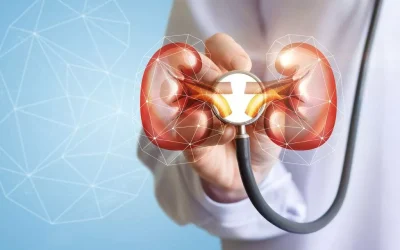Marijuana Rehab & Addiction Treatment in Alpine, Utah
Content
- How common is young adult marijuana addiction?
- Addiction is a disease, we have addiction medicine that saves lives.
- Can You Overdose on Marijuana?
- How Addictive Is Marijuana?
- Recover at an Accredited Drug Treatment Center
- Marijuana Addiction
- Individualized, evidence based treatment, to fit your needs.
- Get the Help That You Need for Marijuana Addiction in San Antonio
Group therapy is central to our record of success with marijuana addiction treatment. Ultimately, our treatment programs — whether tailored for teenagers’ unique needs or for adults — help individuals build a satisfying life that doesn’t need to be “augmented” or otherwise influenced by drugs. The various physical, mental and behavioral symptoms of marijuana addiction can impact a person’s quality of life. You can use these signs or symptoms to identify marijuana addiction in yourself or someone you love. If these signs or symptoms seem familiar, it may be time to seek professional treatment for substance abuse to improve your physical and mental well-being. Aftercare programs are perfect for alumni who have already completed a rehab program for marijuana addiction and are in recovery.
What are the signs and symptoms of marijuana addiction?
- Using more marijuana than intended.
- Trying but failing to quit using marijuana.
- Spending a lot of time using marijuana.
- Craving marijuana.
- Using marijuana even though it causes problems at home, school, or work.
Marijuana smoke can be just as harmful as cigarette smoke, even if you inhale it secondhand. Some people also believe that cannabis isn’t addicting because it doesn’t create a physical dependency or withdrawal. There are still withdrawal symptoms when a person stops using it after a long period, and frequent marijuana use can create a psychological dependence that leads to addiction. Read on to learn more about marijuana, its effects, https://ecosoberhouse.com/ addictive potential, and treatment options for those who struggle with its misuse. However, there are also those who receive inpatient treatment to kickstart their recovery, knowing that the hands-on care and support is beneficial to their recovery maintenance. Due to the constantly evolving social landscape surrounding Marijuana, it can be difficult to determine if you have a problem and even more challenging to stop using.
How common is young adult marijuana addiction?
For instance, if you are abusing marijuana, you may struggle with performing at work, which can lead to job loss or demotion, as well as possible financial issues. Also, your relationships with your spouse, friends, children, and other loved ones can all be affected, causing damage that, in some instances, may be irreparable. Your abuse of marijuana can also lead to a number of health problems as well, including upper respiratory infections, lung damage, and a weakened immune system. At North Tampa Behavioral Health Hospital in Tampa, Florida, we understand the many challenges that you might be facing if you are abusing marijuana.

Detoxing from the physical symptoms of marijuana abuse can take a few weeks, but the emotional and mental health effects of the drug may last much longer. For example, if you were using marijuana to try to cope with an underlying mental health condition, like depression, you may find your depression returns and is worse than it was before you began using. To help prevent this, our addiction experts treat your co-occurring disorder, providing you with tools you can use to manage your emotions off of marijuana.
Addiction is a disease, we have addiction medicine that saves lives.
It is important to keep in mind that overcoming a marijuana addiction or abuse problem is no easy feat. There may be setbacks or situations in which your loved one will struggle marijuana addiction to refrain from abusing marijuana. However, by offering ongoing support and encouragement, your loved one can feel confident and remain on the path towards a recovered life.
Currently, the FDA has not approved any medications for the treatment of marijuana use disorder, but research is active in this area. Because sleep problems feature prominently in marijuana withdrawal, some studies are examining the effectiveness of medications that aid in sleep. Other agents being studied include the nutritional supplement N-acetylcysteine and chemicals called FAAH inhibitors, which may reduce withdrawal by inhibiting the breakdown of the body’s own cannabinoids.

